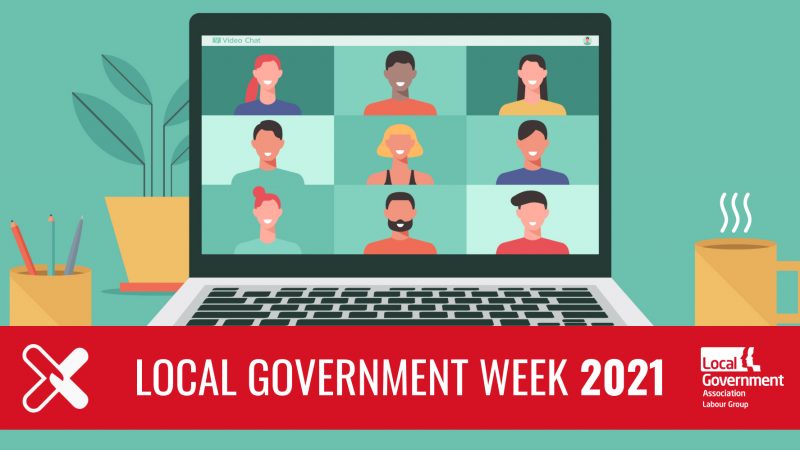
The LGA Labour group often talks about how to increase diversity in local government and make politics more accessible to those we represent. Labour councillors often talk about the barriers that prevent more women, BAME, disabled and working-class candidates from getting more involved in politics. One barrier can be political and council meetings themselves, which can take place at inconvenient times, in inaccessible or inconvenient locations, and use archaic and confusing formats.
The speed of the lockdown meant millions of us were forced to embrace video conferencing to see our family and friends and hold face-to-face meetings online, with local government being no exception. Whilst this was challenging and disorientating at first, most councils and Labour groups adapted quickly – and an unexpected bonus has been that attendance and participation in many meetings has dramatically increased.
I was surprised and delighted when my own borough’s first online planning committee meeting was attended by over 70 members of the public. It is refreshing and important that meetings have suddenly become more accessible, giving more opportunities for people to input into discussions that will shape their communities.
It has improved connections between local politicians from across the UK, too. Attendance at our LGA Labour group meetings has rocketed, with people no longer needing to travel hours by train to take part, and this has helped us hear from an even broader and more diverse range of voices.
LGA Labour group leader Nick Forbes has been able to convene weekly meetings of Labour councillors and leaders to discuss and coordinate our collective Covid-19 response, helping us to share intelligence and best practice. This kind of meeting would have been very challenging to arrange face-to-face even in normal times. Being able to quickly discuss important issues and take soundings from a range of opinions strengthens us collectively, from dealing with national government, opposition parties and internally within the Labour Party.
Labour Party meetings have also been taking place online. I recently chaired a national policy forum (NPF) policy commission meeting that had four or five times as many people attending as compared to our London-based meetings. Branch and general committee (GC) meetings have been more of a mixed bag, although I understand that ward chairs are enjoying having a mute button. Feedback from Labour Women’s Network and Disability Labour suggest that these online meetings do make improve accessibility.
In recent years, Labour groups across the country have been championing parental leave policies. When I had a baby a few years ago, I was so grateful for the support of our group and our maternity leave policy. It was a shame, though, that during that period I was not able to fully participate in council or Labour Party meetings and discussions while I spent months at home – feeling a bit isolated – feeding a baby for hours on end.
Nobody should lose their political voice when they have a child – and if I’d been able to attend meetings remotely, it would have transformed the experience. Labour’s democracy review included a recommendation for group meetings to offer provisions for councillors to attend remotely to ensure that everyone is able to participate. This would support people taking parental leave, as well as those with caring responsibilities or shift workers.
For hundreds of years, the ‘room where it happens’ has been inaccessible to ordinary people, because of their working or family life, or simply because the distances are too great. It is vital that now that we have seen the benefits of making decisions in ‘the Zoom where it happens’ instead, we’ll keep provisions for online meeting attendance and make local democracy more accessible to everyone.




More from LabourList
Scottish Parliament elections 2026: Full list of Labour candidates for Holyrood
‘As metro mayors gain power, Labour must tighten political accountability’
Letters to the Editor – week ending 22 February 2026